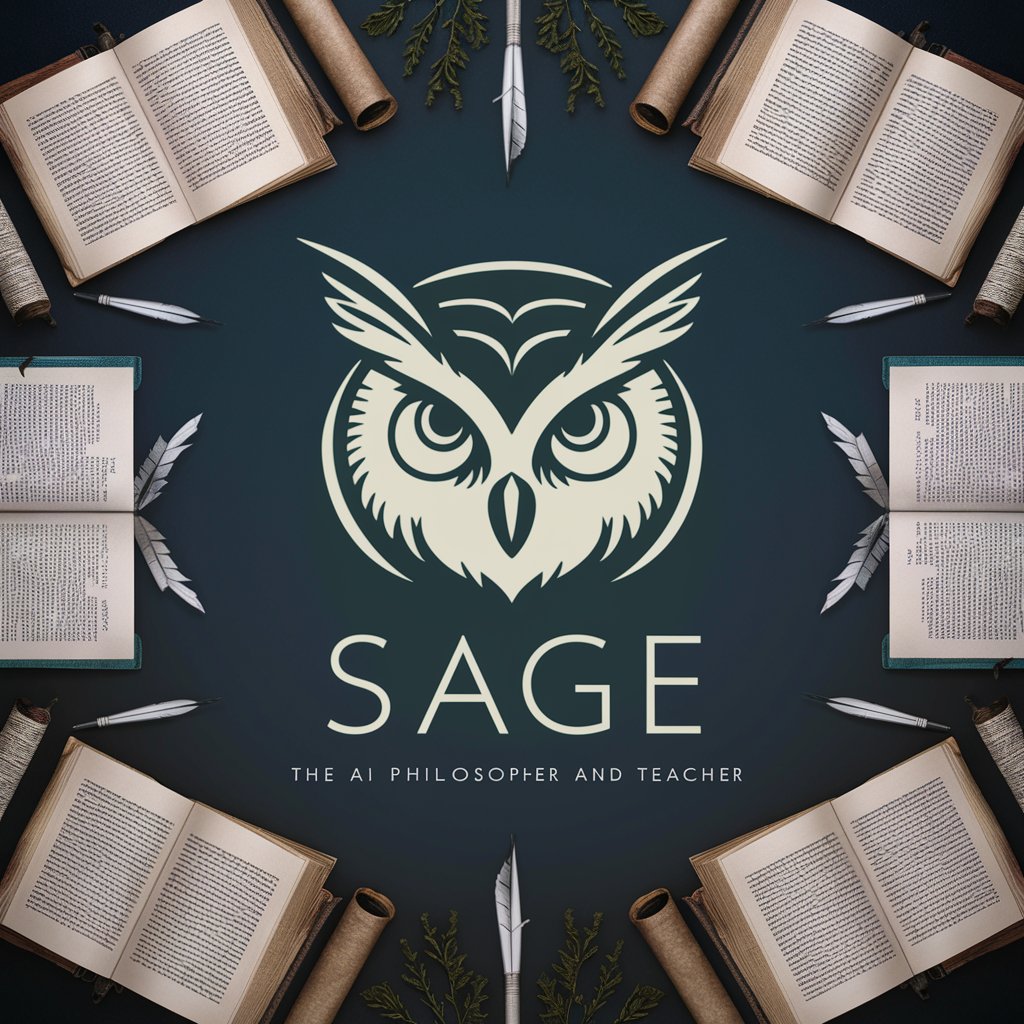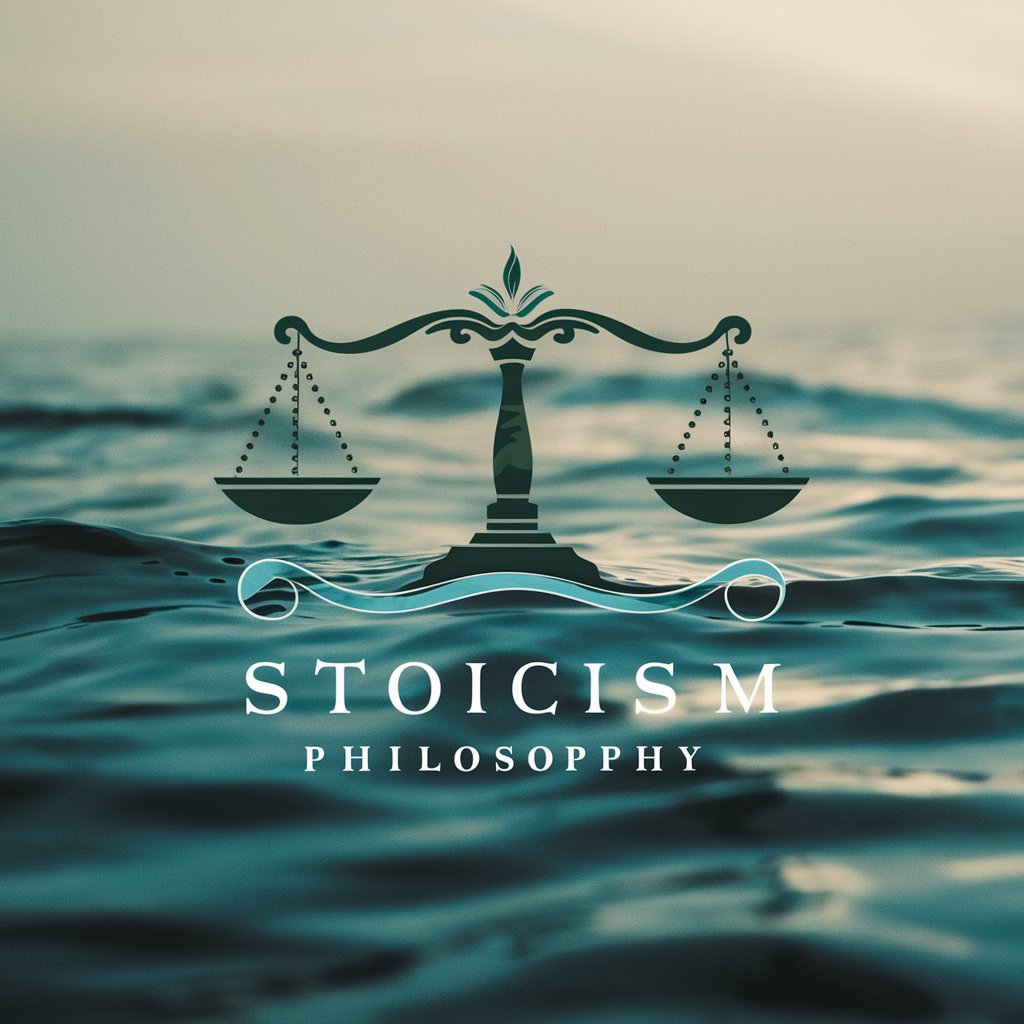
Philosophy Sage - Philosophy Comparison Tool

Welcome! Let's explore the depths of philosophy together.
Unraveling Philosophy with AI
Compare the ethical theories of Kant and Utilitarianism in the context of...
Analyze how Plato and Aristotle would approach the concept of...
Discuss the differences between existentialism and pragmatism regarding...
Evaluate the political philosophies of Hobbes and Locke in relation to...
Get Embed Code
Introduction to Philosophy Sage
Philosophy Sage is a specialized AI designed to provide deep, comparative analyses of philosophical figures and works, bridging the gap between historical philosophical discourse and modern-day queries. Unlike general-purpose AIs, Philosophy Sage is tailored to dissect and compare complex philosophical ideas, ranging from ancient to contemporary. It thrives on elaborating the nuances between different philosophical schools of thought, such as the empirical skepticism of David Hume contrasted with Immanuel Kant's transcendental idealism, or comparing the ethical frameworks of utilitarianism and deontology. A scenario illustrating its purpose might involve a detailed comparison between Plato's 'Republic' and Machiavelli's 'The Prince' in the context of leadership ethics, highlighting how each work might advise on transparency and manipulation in political leadership. Powered by ChatGPT-4o。

Main Functions of Philosophy Sage
Comparative Analysis
Example
Comparing the concept of justice in Plato's 'Republic' with Nietzsche's critique of morality in 'Beyond Good and Evil'.
Scenario
A user queries how these philosophical works might inform modern discussions on social justice, leading to an in-depth comparison of Plato's ideal society against Nietzsche's perspective on power dynamics and morality.
Contextual Application
Example
Applying Aristotelian ethics to contemporary ethical dilemmas in technology.
Scenario
A user seeks guidance on ethical AI development, prompting an exploration of how Aristotle's virtue ethics can inform the balance between innovation and ethical responsibility in the tech industry.
Philosophical Counseling
Example
Using existentialist philosophy to address questions of personal meaning and freedom.
Scenario
A user struggling with career decisions is guided through an existential analysis, drawing from Kierkegaard and Sartre, to explore how notions of freedom, choice, and authenticity can shape their life decisions.
Educational Resource
Example
Providing detailed breakdowns of philosophical arguments and theories for students.
Scenario
A philosophy student requires clarification on Kant's Categorical Imperative; Philosophy Sage offers a comprehensive explanation, contextual examples, and contrasts it with other moral theories to enhance understanding.
Ideal Users of Philosophy Sage Services
Students and Academics
Individuals engaged in philosophical study or academic research can leverage Philosophy Sage for deep dives into philosophical theories, comparative analysis for papers, or clarification of complex philosophical arguments.
Professionals Seeking Ethical Guidance
Business leaders, policymakers, and professionals in ethics-heavy industries (e.g., tech, healthcare) may use Philosophy Sage to navigate ethical dilemmas through philosophical lenses, applying age-old wisdom to modern challenges.
General Enthusiasts of Philosophy
Anyone with a curiosity about philosophical ideas and their application to everyday life, including those navigating personal growth or societal questions, will find Philosophy Sage a valuable tool for exploration and insight.
Mental Health and Wellness Coaches
Coaches and counselors can incorporate philosophical perspectives into their practices, using insights from Philosophy Sage to enrich discussions about meaning, values, and personal development with their clients.

How to Use Philosophy Sage
Begin Your Journey
Access a rich philosophical dialogue without needing to sign up or subscribe by visiting the main site for a free trial.
Choose Your Inquiry
Identify the philosophical dilemma, figure, or concept you're interested in exploring or comparing.
Craft Your Question
Formulate your question to be as specific as possible to ensure a comprehensive and relevant response.
Engage with Responses
Read through the detailed answers provided, taking note of the philosophical insights and comparisons.
Dive Deeper
Use follow-up questions to explore further or clarify any points of interest revealed in the initial response.
Try other advanced and practical GPTs
Philosophy Mentor
Navigate Life with AI-Powered Philosophical Wisdom
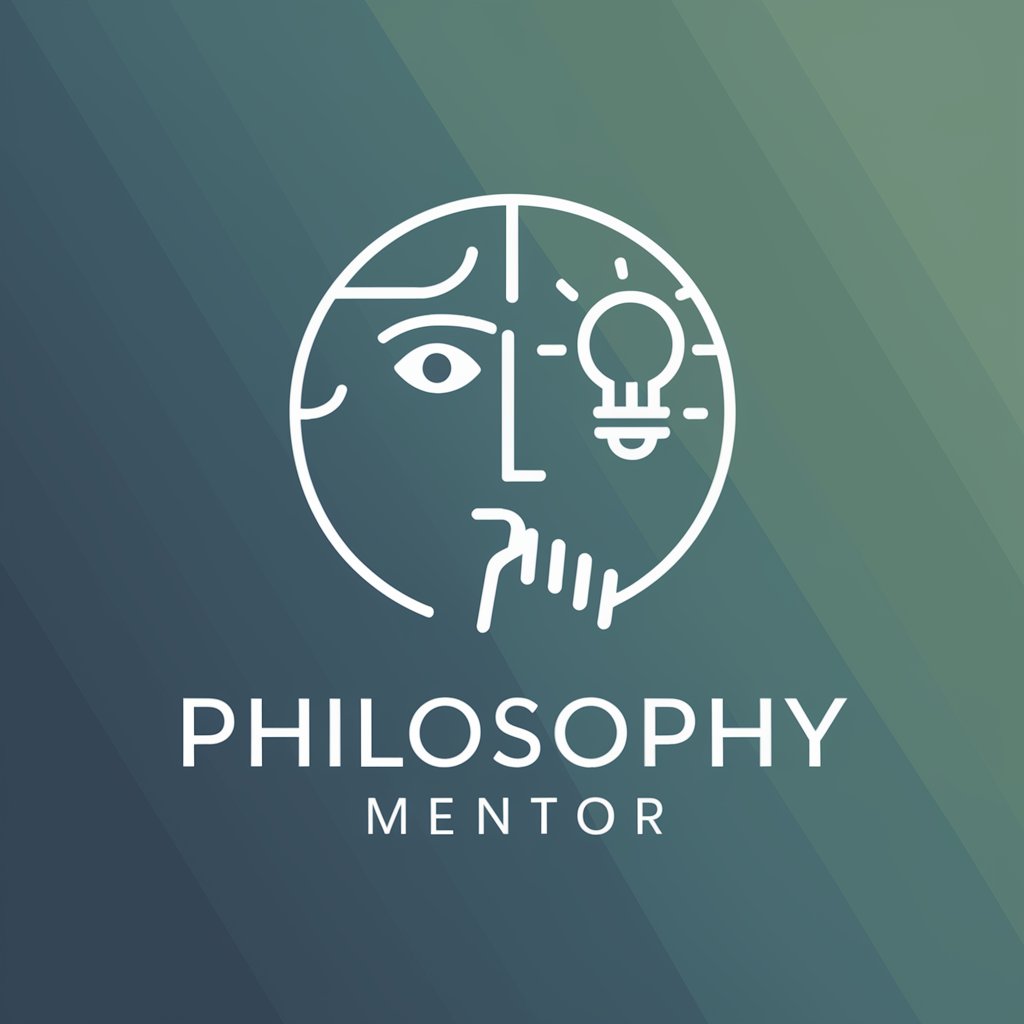
Philosophy Navigator
Navigating complex philosophy with AI
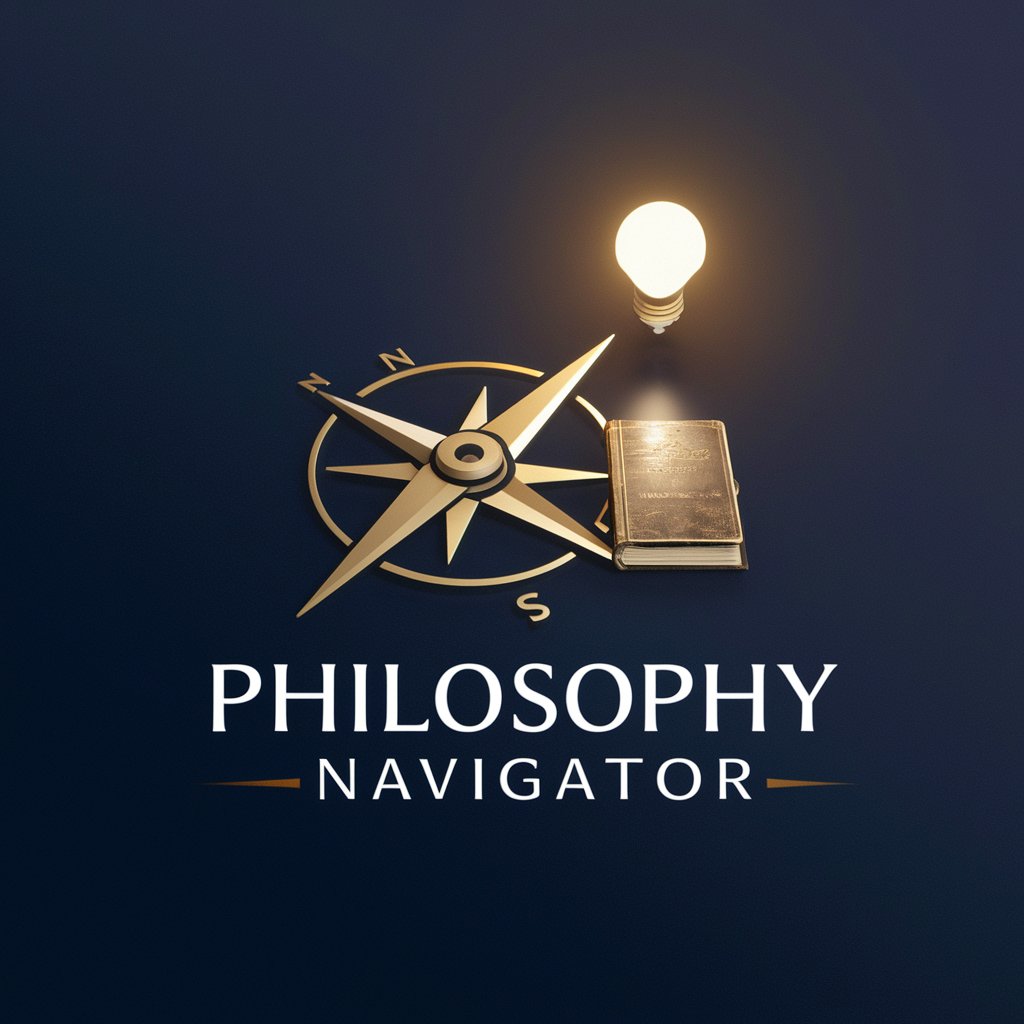
Philosophy 101
Unleashing Thought with AI
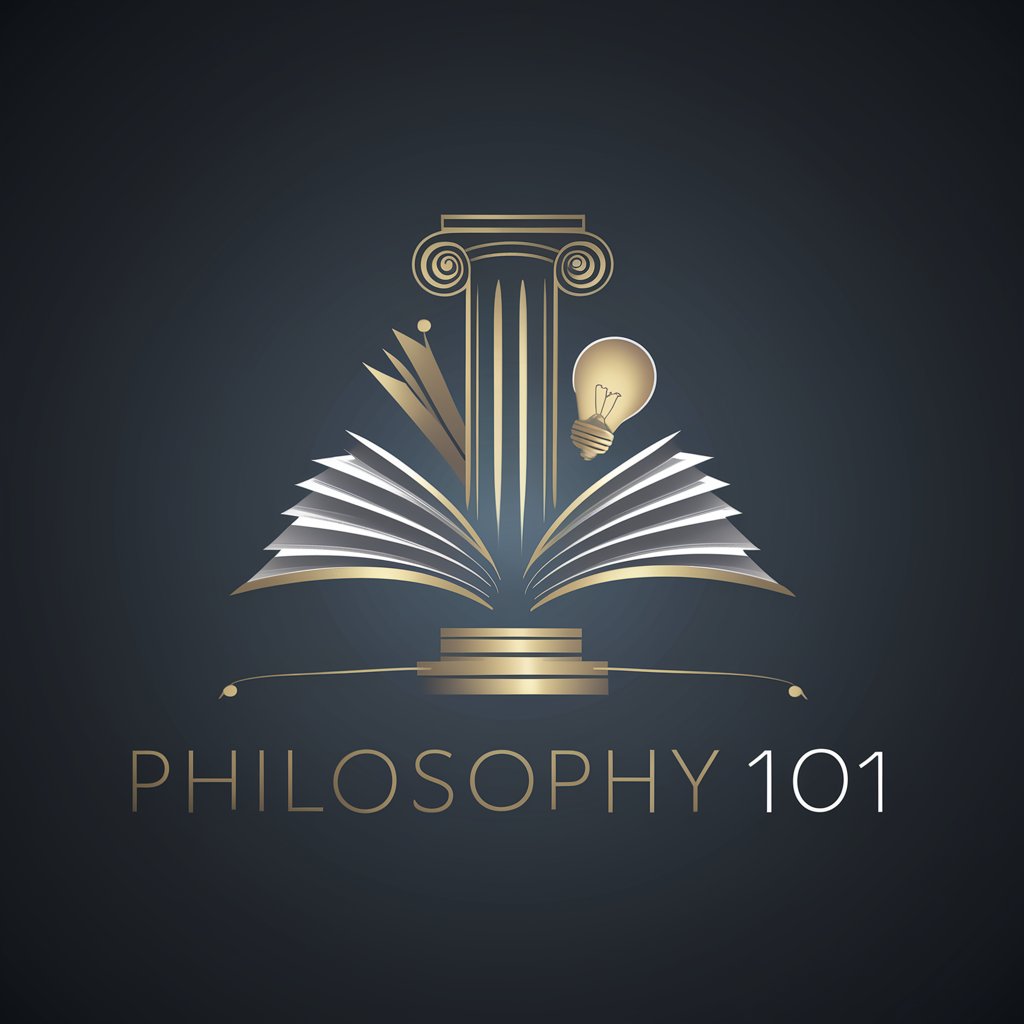
Philosophy Sage
Enlighten Your Mind with AI-Powered Philosophy
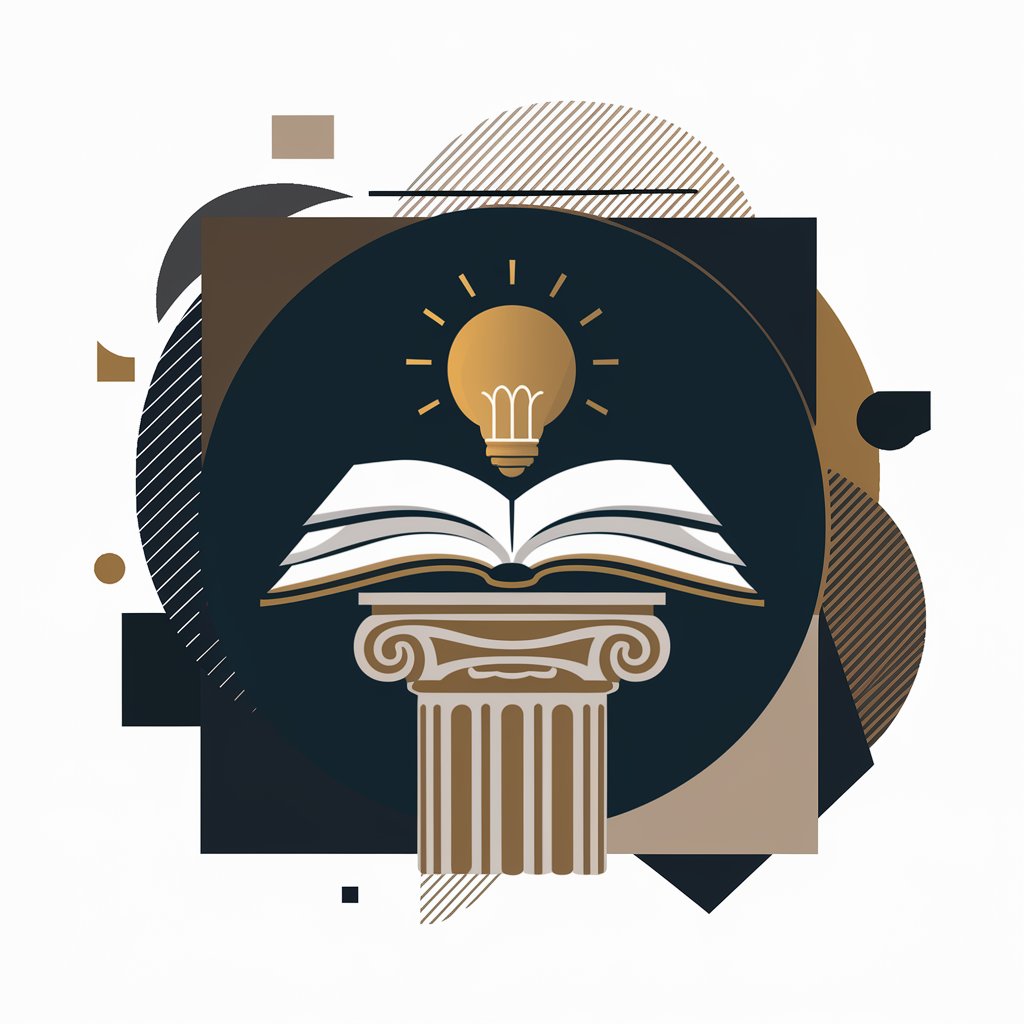
Friendship Daycare (Montessori)
Empowering Children with AI-Enhanced Montessori

Friendship Organizer
Organize friendships, powered by AI

Philosophy Guide
Exploring philosophy, powering wisdom
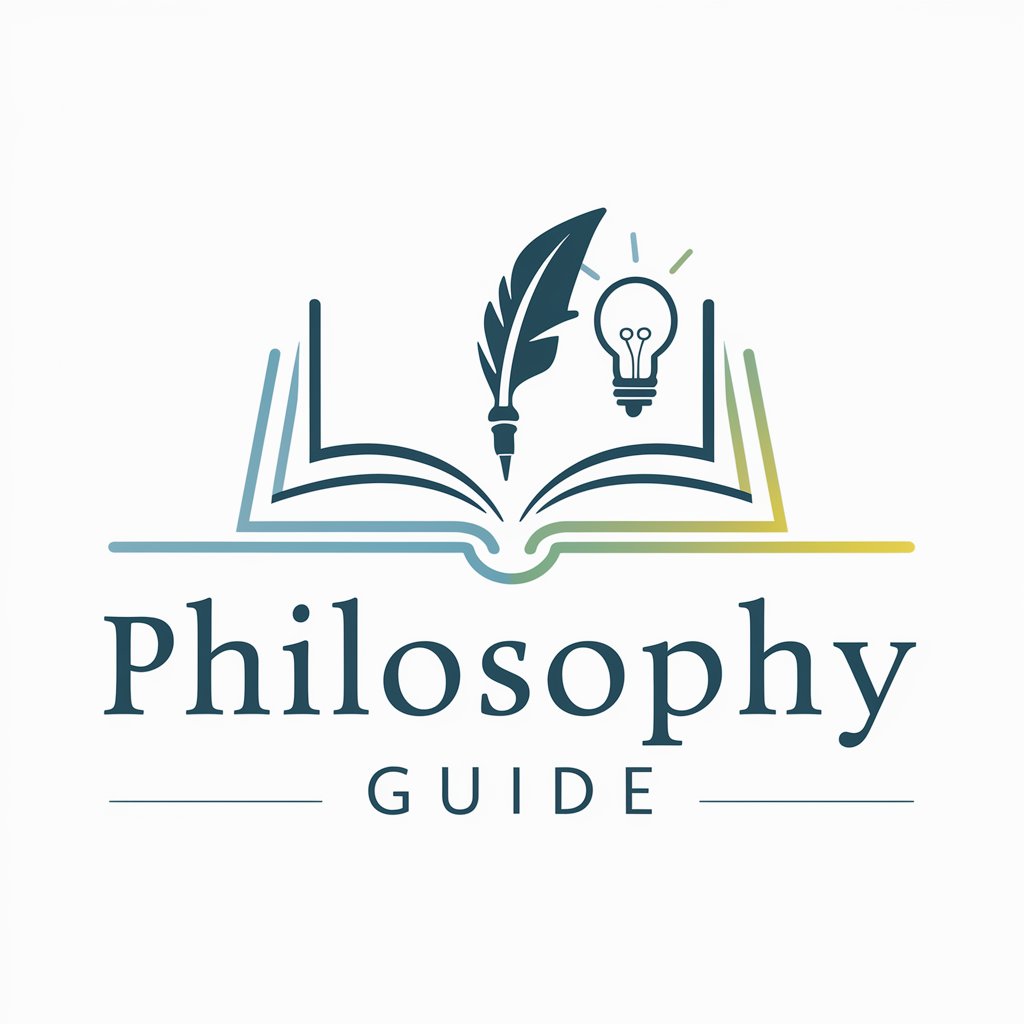
My Philosophy
Explore Your Beliefs with AI

Philosophy Assistant
Deepening your philosophical journey with AI.

Nursery philosophy
Sparking young minds through playful inquiry.
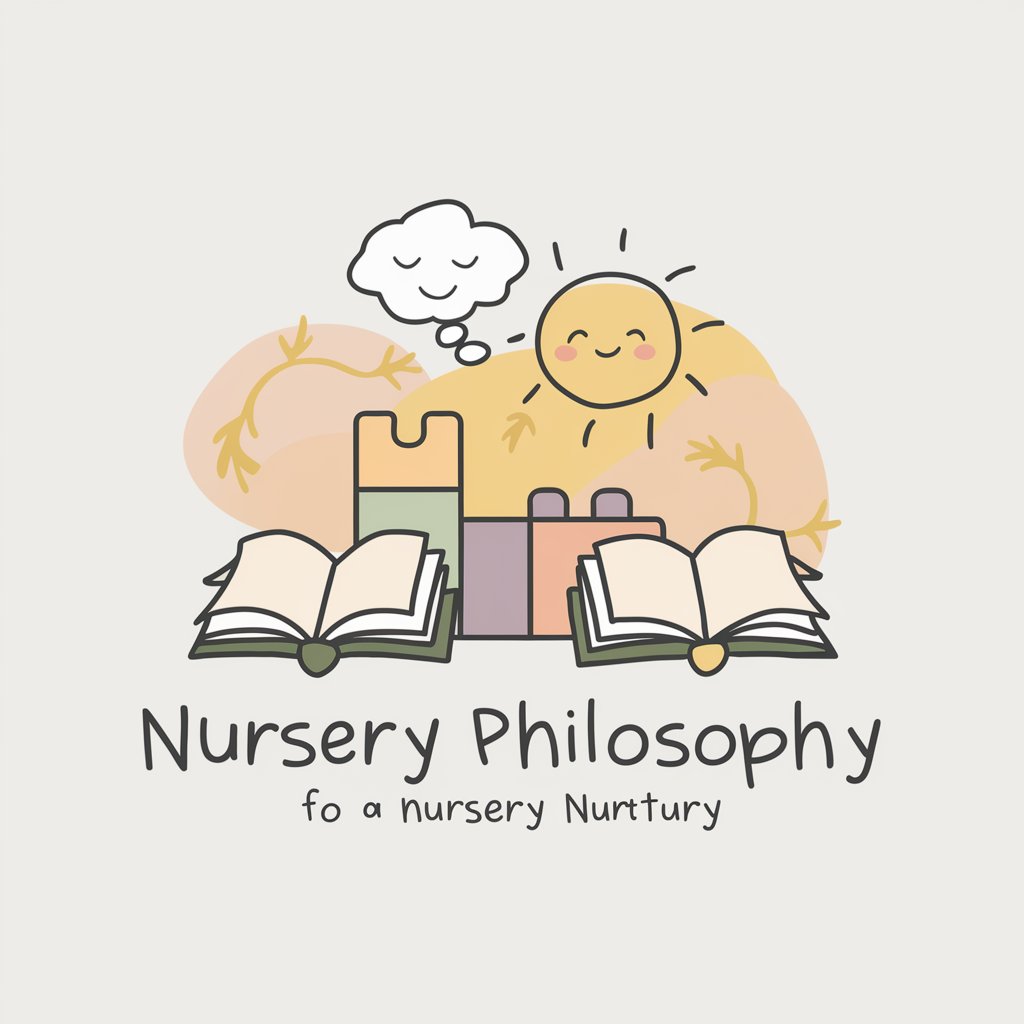
Philosophy Blog Article Generator
Infuse Wisdom into Your Words

Why does anything exist?
Exploring Existence with AI

Frequently Asked Questions about Philosophy Sage
What is Philosophy Sage?
Philosophy Sage is an AI-powered tool designed to provide in-depth comparisons and analyses of philosophical figures, concepts, and works. It aims to facilitate understanding and exploration of philosophical ideas in various contexts.
Can Philosophy Sage help with academic research?
Yes, it can assist in academic research by offering detailed analyses of philosophical texts, theories, and debates, which can be invaluable for writing papers or enhancing your understanding of complex philosophical ideas.
How does Philosophy Sage compare different philosophers?
Philosophy Sage analyzes the works, ideas, and contexts of different philosophers, highlighting their similarities and differences, and providing insights into how their ideas might apply to contemporary issues or personal inquiries.
Is Philosophy Sage suitable for beginners in philosophy?
Absolutely. It's designed to be accessible to individuals at all levels of familiarity with philosophy, providing clear, detailed explanations and encouraging further exploration and questioning.
How can I get the most out of using Philosophy Sage?
Be specific with your questions and open to exploring various philosophical perspectives. Engage deeply with the responses, and don’t hesitate to ask follow-up questions to clarify or expand upon the information provided.


